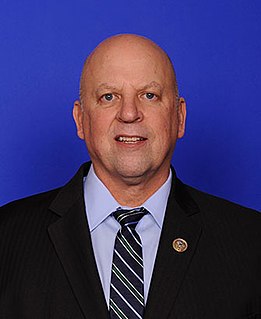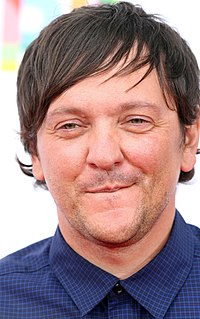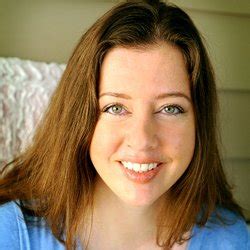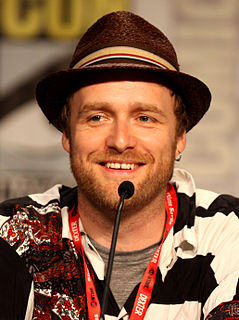A Quote by Jay McInerney
I think, when I'm writing, I have a more clinical view than I do when I'm reading. I like pretending to be God and basically determining the fate of my characters. But as a reader, I'm a sucker. I'm very sentimental. I get upset when people that I like die. And yet I have killed off characters in my books quite heartlessly, and sometimes found that readers were very upset by it.
Related Quotes
So the fact that there's someone who's planning what happens to the characters, writing it down, means that the characters always have a fate. And when we think about fate, we tend think of it as the thing we would have if we were literary characters, that is, if there were somebody out there, writing us.
If you get the characters right you've done sometimes nearly half the work. I sometimes find I get the characters right then the characters will often help me write the book - not what they look like that's not very important - what people look like is not about their character. You have to describe the shape they leave in the world, how they react to things, what effect they have on people and you do that by telling their story.
I learned to write from reading. I had no writing classes. It's part of my thinking as the writer-author, reading, but then I also want to bring this into my characters, who also read and think. There's that great quote from Virginia Woolf - it's very simple: "...books continue each other." I think when you're a writer, you're also, hopefully, a reader, and you're bringing those earlier works into your work.
I think sometimes people become quite emotional about the characters as well, and that's pretty cool that you can get that emotion out of people. And I think that's more my motivation than like, "Hey I want to be the funny guy, I want to be that famous funny guy." That doesn't sit as well with me as the idea of taking people on this ride and taking them into the illusion of the characters. That's much more exciting for me.
The nature of acting is that one is many characters and jumps from one skin to another as a way of life. Sometimes it's hard to know exactly what all of your characters think at the same time. Sometimes one of my characters overrules one of my other characters. I'm trying to get them all to harmonize. It's a hell of a job. It's like driving a coach.
When you write about faith, people will be upset with you no matter what. I've heard from readers who were disgusted with the depiction of monotheistic religion. I've also heard from readers who were upset because my portrayal of faith did not adhere to their specific doctrines. Fortunately, I have high risk tolerance.
I get very tired of books that feel emotionally empty. I would much rather have writers err on the side of being overly sentimental than not. I think that the perfect balance is a story that moves you without being maudlin, but I don't enjoy books that are empty of emotion and there's no connection to the characters.
The Bible is forbidding when you start to read it. The language is odd. The stories start and stop herkily-jerkily. The characters behave in inexplicable ways. It takes a little bit of time to get into the rhythm of the book. I found reading the first 15 chapters of Genesis very very difficult. Once I got past there, I loved reading, and found it very easy. When you get used to the Bible, it becomes thrilling to read (like any great book - I just had exactly the same experience with the Odyssey).
I think it's more fun to grow to love characters who are flawed than it is to present perfect characters. Perfect characters aren't very funny. Certainly my friends are a strange, intense bunch of people, and people's families drive them crazy, but challenging relationships are always more rewarding.
Even more than getting compliments on social media, what I love is when some random stranger says something very funny or insightful about my books, often in 140 characters or less! It's a very casual, low-stakes, non-burdensome way of connecting that I think is fun for both the writer and the reader. And there are a lot of clever people out there who have no connection to publishing.
It's funny what [producer Richard Zanuck said about even though you can't quite place when the book or the story came into your life, and I do vaguely remember roughly five years old reading versions of Alice in Wonderland, but the thing is the characters. You always know the characters. Everyone knows the characters and they're very well-defined characters, which I always thought was fascinating. Most people who haven't read the book definitely know the characters and reference them.







































